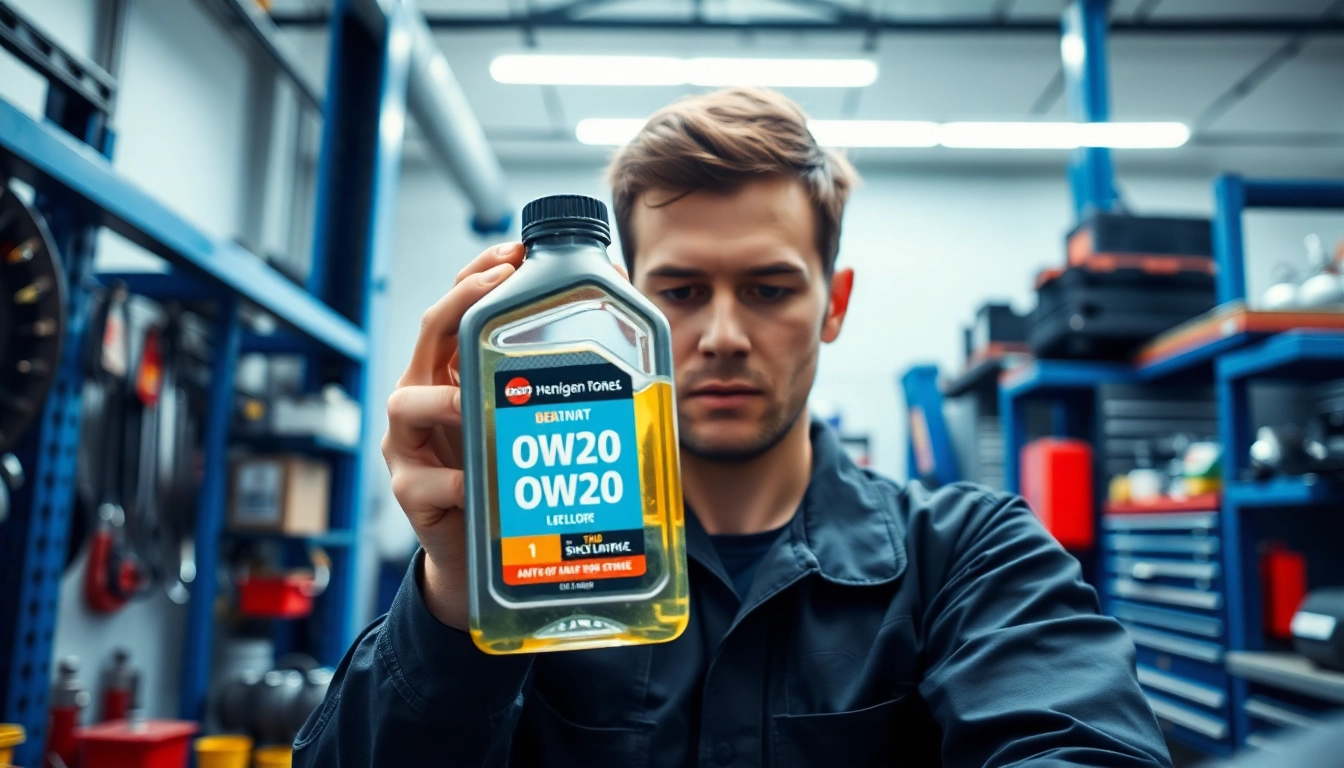Why Buying Used Vehicles is a Smart Choice
Purchasing a vehicle is one of the most significant financial decisions many individuals make. While the allure of a brand-new car is strong, there are compelling reasons to find used vehicles instead. The used car market offers a wealth of options that can save buyers money while also providing flexibility and choice.
Cost-Effectiveness of Used Cars
One of the primary advantages of buying a used vehicle is its cost-effectiveness. Used cars, on average, cost significantly less than new ones. This lower price point can be especially appealing for first-time buyers or those on a tight budget. According to a report from the National Automobile Dealers Association, the average cost of a new car in the US is over $40,000, while used vehicles typically range between $15,000 to $25,000, depending on the make, model, and year.
Depreciation Rates Compared to New Vehicles
Cars depreciate rapidly, with a new vehicle losing around 20% of its value as soon as it is driven off the lot. Within three years, a new car can lose about 60% of its value. Conversely, used vehicles have already undergone this steep depreciation, offering buyers better value for their money. When purchasing a used car, buyers can often expect to retain a higher percentage of its value over time compared to buying new.
Variety and Selection in the Used Market
The used car market provides a diverse range of options that cater to a broad spectrum of needs and preferences. Buyers can choose from various brands, models, trims, and years, making it easier to find a vehicle that fits their desires and lifestyle. Additionally, discontinued models or rare finds can be available in the used market, allowing car enthusiasts to discover unique vehicles they might not find new.
How to Find Used Vehicles Near You
Finding a used vehicle that suits your needs involves a mix of online searches and local resources. In today’s digital age, the means of locating your next car is more accessible than ever.
Utilizing Online Platforms and Applications
Several online platforms simplify the process of finding used vehicles. Websites like CarGurus, Autotrader, and Cars.com allow users to filter searches based on criteria such as price range, make, model, mileage, and location. Moreover, many of these platforms provide detailed listings, including vehicle history reports, price comparisons, and dealer reviews, making it easier for buyers to make informed decisions.
Visiting Local Dealerships and Auctions
In addition to online research, visiting local dealerships can yield valuable insights and first-hand experiences. Many dealerships offer certified pre-owned (CPO) vehicles, which typically come with warranties and thorough inspections. Auctions can also be an excellent avenue for bargains, allowing buyers to bid on vehicles directly.
Networking for Recommendations and Options
Word-of-mouth can be a powerful tool when searching for used vehicles. Friends, family, and colleagues often have recommendations or can provide insights about their purchasing experiences. Networking within your community can help unearth potential deals that aren’t widely advertised, opening the door to more personalized opportunities.
What to Look for When Buying a Used Vehicle
While the search for a used vehicle is vital, knowing what to look for during the purchasing process is equally important to avoid potential pitfalls.
Essential Vehicle History Checks
Before you consider purchasing a used vehicle, a thorough vehicle history check is imperative. Services like Carfax or AutoCheck provide crucial details about a vehicle’s past, including previous ownership, accident history, service records, and whether the car was ever declared a total loss. Understanding its history can help avoid costly surprises down the line.
Inspecting for Mechanical Issues
It’s essential to invest time assessing the vehicle’s mechanical condition. Hiring a trusted mechanic to conduct a pre-purchase inspection can provide peace of mind, revealing underlying issues like engine problems, transmission issues, rust, or suspension trouble. Being proactive can save money and stress in the long run.
Understanding Pricing and Financing Options
Having a grasp on the market value of the vehicle you’re interested in can provide leverage during negotiations. Utilize online resources to compare similar vehicles in your area. Moreover, consider various financing options available through banks, credit unions, or dealership financing. Understanding your financial commitments helps ensure a healthy purchase.
Key Questions to Ask When Buying Used Vehicles
When evaluating used vehicles, asking the right questions is crucial to the purchasing experience.
Vehicle Background and Ownership History
Inquire about the number of previous owners, the reason for selling, and how well the vehicle has been maintained. Understanding the ownership history provides context and can signal potential future issues.
Warranty Coverage and Service Records
Question whether the vehicle is still under warranty or if additional warranty options are available. Furthermore, review service records to see what maintenance has been performed and whether the car has received consistent care throughout its life.
Pricing Justification and Negotiation Tactics
Ask the seller how they arrived at the asking price. This inquiry opens the door for negotiations and provides insight into the vehicle’s perceived value. Be prepared to negotiate based on your findings from your research and inspection.
Maintaining Your Used Vehicle for Longevity
Once you have successfully purchased a used vehicle, maintaining it properly is essential to prolong its lifespan and reliability.
Regular Maintenance Practices
Establishing a routine maintenance schedule can significantly enhance a vehicle’s longevity. Regular oil changes, tire rotations, fluid checks, and brake inspections are integral to keeping your car running smoothly. Following the manufacturer’s recommendations for service intervals helps prevent major issues from arising.
Common Issues in Used Cars to Watch For
Being aware of common issues that may arise in used vehicles can prepare you for potential problems. For instance, older models may exhibit signs of wear in components such as the transmission, suspension, or electrical systems. Regular inspections and being attentive to unusual sounds or performance issues can help catch problems early.
Upselling Repairs vs. DIY Maintenance
When maintaining your vehicle, be conscious of the potential upselling that may occur at dealerships or repair shops. Learn about routine maintenance tasks you can perform yourself, such as changing air filters or wiper blades. This approach not only saves money but can also give you a better understanding of your vehicle.



